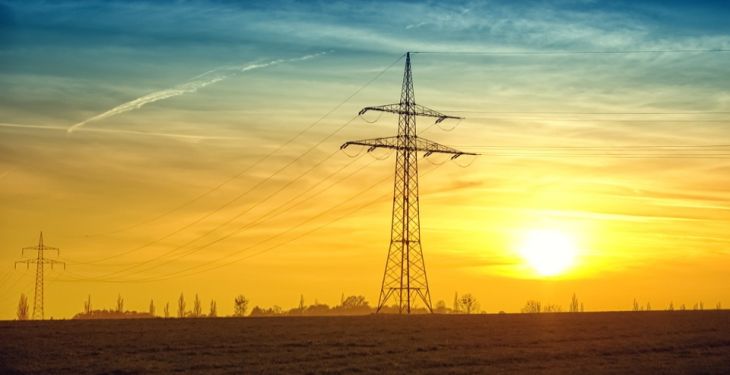A group of major European energy market associations on Tuesday urged EU member states to extend protections against VAT fraud ahead of the expiry of rules at the end of 2018.
The call to extend VAT rules would help avoid a repeat of previous problems including VAT fraud which cost EU member states billions of euros in lost revenue and harmed confidence in Europe’s power, natural gas and carbon emissions markets.
“Missing Trader Intra-Community Value Added Tax fraud remains a persistent threat to the integrity and well-functioning of electricity, gas and emissions allowance markets in Europe,” said the group of 18 business associations, which include Eurelectric, Eurogas, the European Federation of Energy Traders, Europex, the Association of European Energy Exchanges, and the International Emissions Trading Association, according to Spglobal.com.
“Billions of euros had been defrauded from European Exchequers before the Council of the EU decided on the introduction of a derogation from the VAT Directive for electricity, gas and emissions allowance transactions,” the group said in a joint statement.
That derogation allows EU member states to apply a domestic reverse charge mechanism on VAT on goods and services but is set to expire on December 31, 2018, unless the EU Council proactively prolongs it.
“As 18 representative associations of the energy sector, we therefore call on the Council, and in particular the Austrian Council Presidency, to prioritise the decision on the European Commission’s legislative proposal of May 25, 2018 on a prolongation of the derogation in Article 199a of the VAT Directive,” the group said.
“This will prevent fraudsters from again successfully implementing large-scale VAT fraud carousels in highly liquid energy and emissions markets in Europe,” it said.
The group urged the EU Council to: adopt the extension in a timely manner; extend the derogation by at least five years beyond the current 3.5-year extension to June 2022; include Guarantees of Origin (renewable energy credits); and require all EU member states to apply the domestic reverse charge mechanism, which moves the responsibility for the reporting of a VAT transaction from the seller to the buyer of a good or service.
The EU agency for law enforcement cooperation, Europol, in 2009 warned that VAT fraud in carbon markets alone had cost more than Eur5 billion in lost revenue. Since then, EU member states changed VAT rules to prevent fraud.
